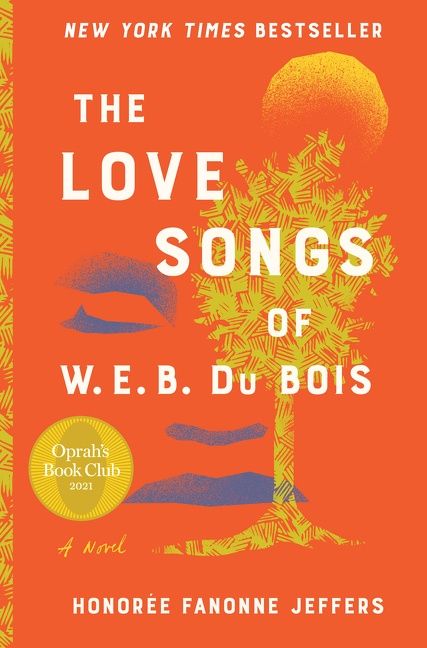
Jeffers is an award-winning poet, and she is never doing just one thing with her text. Jeffers has deftly crafted a tale of a family whose heritage includes free Blacks, enslaved peoples and Scottish and other white colonialists. With the depth of its intelligence and the breadth of its vision, The Love Songs of W.E.B. The ultimate demonstration of Jeffers’s skill is that she effects that same profound impression on her readers.

Jeffers is particularly deft in the way she portrays Ailey coming of age in the 1980s and ’90s, trying to chart her own way amid heavy guidance from her accomplished family. If the convoluted racial composition of these characters is a challenge to track, that’s the point: Despite the strict demarcations of color that reside in the White imagination, the society that evolves in these pages is peopled by a spectrum of hues. You don’t read these phrases so much as hear them on the wind. Sweeping back and forth across the years, her narration shifts nimbly to reflect the tenor of the times - from the shared legends of tribal people to the candid realism of the modern era.

Du Bois is the protean quality of Jeffers’s voice. One of the many marvels of The Love Songs of W.E.B. As any honest record of several centuries must, Jeffers’s story traverses a geography of unspeakable horror, but it eventually arrives at a place of hard-won peace. Jeffers has poured a lifetime of experience and research into this epic about the travails of a Black family. Yes, at roughly 800 pages, it is, indeed, a mountain to climb, but the journey is engrossing, and the view from the summit will transform your understanding of America.

Du Bois is the kind of book that comes around only once a decade. Whatever must be said to get you to heft this daunting debut novel by Honorée Fanonne Jeffers, I’ll say, because The Love Songs of W.E.B.


 0 kommentar(er)
0 kommentar(er)
